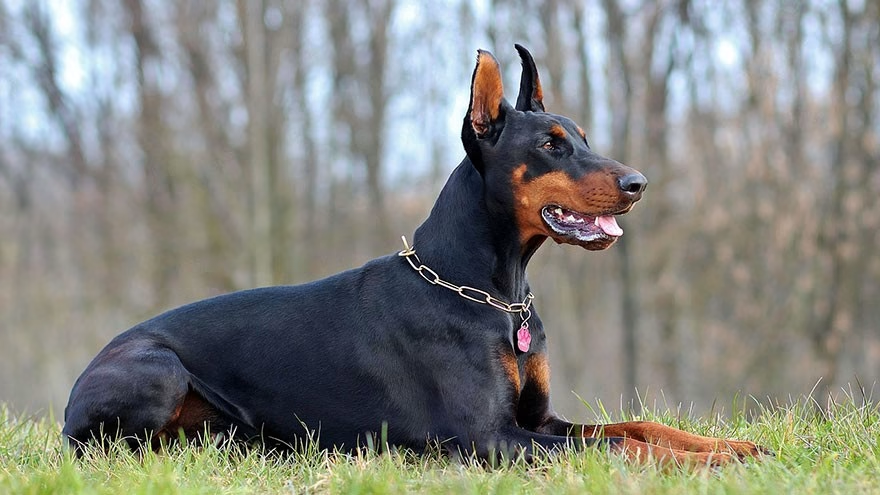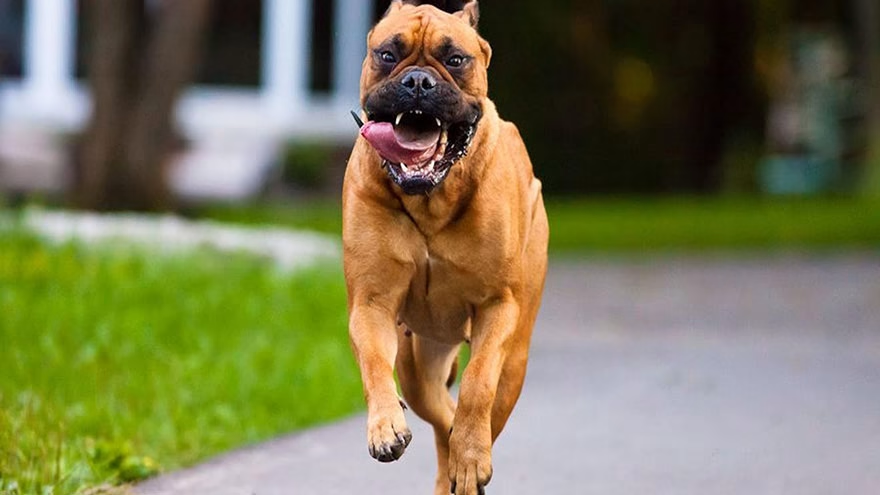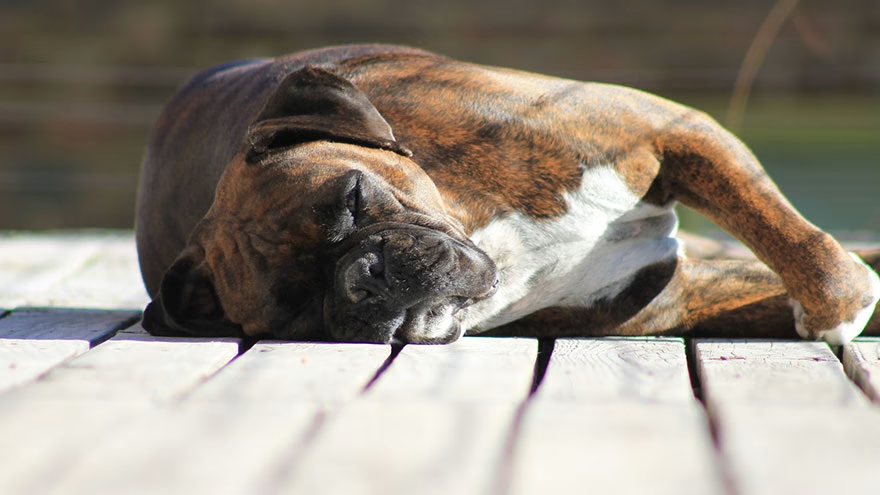Getting a good start with a top breeder will also go a long way toward making sure that your new Doberman will be healthy too.
Health Problems İn The Doberman Pinscher
This dog is an energetic and highly intelligent, generally healthy, with a few serious genetic problems. The Doberman and many other purebred dogs are prone to hip dysplasia, which is a degenerative joint disease related to arthritis. Keep in mind that a good breeder can head off this problem by using breeding parents who have been checked and cleared for this disease.Both parents should be Orthopedic Foundation for Animals (OFA) certified, as being free from this condition. If you notice symptoms such as limping as your dog grows or ages, do not hesitate to have your pet examined by a veterinarian. Typically, medications can help and in serious situations, surgery might be an possibility.
Purebred dogs, including the Doberman, are also prone to some congenital heart disorders, as well as cervical spondylitis (Wobbler’s Syndrome) that results from issues relating to the neck vertebrae and spine. Again, these conditions can be addressed early on by dealing with a reputable breeder who is careful about his breeding stock and early testing of puppies.
Then, you want to watch for unusual weight gain and slow movement with your normally active Doberman. Some purebred dogs have a condition called hypothyroidism in which the thyroid gland does not produce enough hormones to maintain a healthy metabolism, which can be tested for by the veterinarian.

Dobermans are sometimes prone to a condition called progressive retinal atrophy that affects the sight in low light, which could lead to blindness. A screening test is available so you probably want to ask your veterinarian about this as well. Dogs with a deep chest such as the Doberman may also have issues with bloat, a serious, life-threatening condition of larger dogs who eat large amounts of food, exercise a lot after eating, and drink lots of water after eating dry food.
Feeding the dog smaller amounts more frequently and waiting for play and exercise helps.
One of the key things to watch for with your Doberman is excessive shedding or very dry skin that can be caused by allergies to grain such as wheat, corn, or soy in poor quality commercial foods. For this reason, you want to feed your Doberman lean meats, fresh fruits and vegetables and high-quality snacks that are free of these common grains.
Skin irritation and dryness could also be caused by the wrong type of shampoo or soap product used in bathing. Then, a genetic dry skin condition sometimes found in blue or fawn colored Dobermans can be treated.
A rare condition that all dog owners should be aware of has surfaced only in the last 15 or 20 years. Some dogs have developed kidney failure after they eat grapes or raisins, a condition commonly called grape toxicity. Most of these dogs vomited within a few hours of eating the grapes or raisins, became quiet, and showed signs of abdominal pain.
If this situation arises, contact your veterinarian immediately. If you start your search for a Doberman Pinscher by visiting several top breeders and make sure that the puppy has been tested for possible genetic health problems, you can look forward to many years of enjoyment with your new pet.
Read More About Doberman Pinscher
- Doberman Pinscher Breed Information
- Doberman Pinscher : 10 Most Common Questions
- Doberman Pinscher Training Guide
- Owning a Doberman Pinscher : Breeder Recommendations
Save for later
Found this helpful?
Pin this article to your Pinterest board and come back to it whenever you need a reminder.
Save to Pinterest


